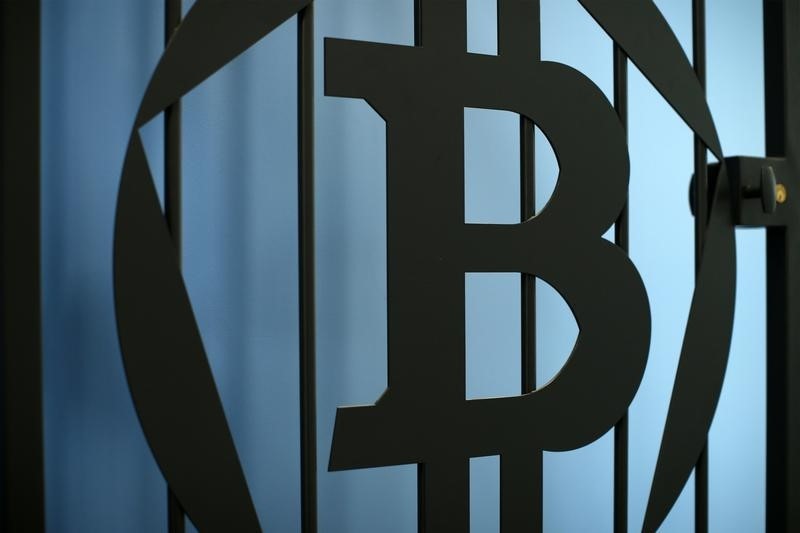©Reuters.
During a recent interview on the What Bitcoin Did podcast, Robert F. Kennedy Jr. raised concerns about central bank digital currencies (CBDCs), highlighting their potential for expanded government control and the implications for personal financial autonomy. A staunch defender of individual freedoms, Mr. Kennedy contrasted the programmable nature of CBDCs with the decentralized system of Bitcoin, which he called an “elegant solution” to preserve the confidentiality of transactions.
During his conversation with host Peter McCormack, Mr. Kennedy discussed the risks associated with CBDCs. He warned that these digital currencies could allow governments to exert unprecedented control over citizens’ transactions and tax them in real time. Additionally, he warned that CBDCs could be linked to social credit systems, which could restrict financial access and freedoms based on a person’s behavior or compliance with regulations .
Mr. Kennedy’s remarks highlight the growing debate around the introduction of government-backed digital currencies and their potential impact on privacy and civil liberties. As central banks around the world consider CBDCs as a way to modernize financial systems and improve transaction efficiency, the tradeoffs in privacy and control are drawing attention from advocates. privacy and supporters of decentralized cryptocurrencies such as .
Bitcoin, with its peer-to-peer network and lack of central control, stands in stark contrast to the concept of CBDCs. Mr. Kennedy emphasized that Bitcoin’s design was a way to preserve freedom of transactions, suggesting that its decentralized nature could provide a bulwark against the encroachment on privacy of state-controlled digital currencies.
This article was generated and translated with the help of AI and reviewed by an editor. For more information, see our T&Cs.
